A Glimpse into the Male Biological Clock

Understanding Age-Related Changes in Male Fertility
For years, fertility conversations have focused almost exclusively on women’s age and reproductive timeline—but growing research confirms: men have a biological clock, too.While the decline is more gradual than in women, male fertility does change with age, and it can impact conception, pregnancy outcomes, and the long-term health of offspring. At Reproductive Centers of America (RCA), we believe it’s time to widen the lens and give male fertility the attention it deserves.
What Is the Male Biological Clock?
Unlike women, who are born with all the eggs they’ll ever have, men continuously produce sperm throughout life. But over time, this process becomes less efficient—and the quality of sperm begins to decline, even if quantity appears normal.
This gradual decline is what’s often referred to as the male biological clock.
How Age Affects Male Fertility
After age 40, men may experience:
- Decreased sperm motility (how well sperm move)
- Lower sperm count
- Increased DNA fragmentation in sperm, which can affect embryo quality
- Longer time to conception
- Higher risk of miscarriage, even when the partner is younger
Impacts on Offspring Health
Advanced paternal age has been linked to a slightly higher risk of:
- Autism spectrum disorders
- Schizophrenia and other neurodevelopmental conditions
- Certain rare genetic mutations and syndromes
It’s important to remember: most children of older fathers are healthy. But these findings reinforce that paternal age matters, especially when combined with lifestyle or environmental factors.
Hormonal Changes with Age
Men also experience a gradual drop in testosterone levels—sometimes referred to as andropause—which may lead to:
- Reduced libido and energy
- Mood changes or depression
- Weight gain and loss of muscle mass
- Decreased sperm production
These changes aren’t inevitable, but they’re common and worth discussing with your provider.
What Men Can Do
Even with age-related changes, many men maintain fertility into their 50s or beyond. To optimize reproductive health:
- Maintain a healthy weight and balanced diet
- Exercise regularly but avoid overtraining
- Minimize exposure to heat (e.g., saunas, hot tubs) and toxins (e.g., BPA, pesticides)
- Quit smoking and limit alcohol
- Get regular sleep and manage stress
- Consider sperm freezing in your 30s or early 40s if delaying parenthood
At RCA, we offer advanced testing such as DNA fragmentation analysis and hormonal evaluations to get a more accurate picture of male fertility potential.
Considering IVF or ICSI?
For men with age-related declines in sperm quality, IVF with ICSI (Intracytoplasmic Sperm Injection) can improve fertilization outcomes. We’ll guide you through testing and treatment options that align with your age, health, and family goals.
It’s Time to Talk About It
Male fertility deserves more visibility, not stigma. Just like women, men benefit from early awareness, honest conversations, and proactive care.
What Is the Male Biological Clock?
Unlike women, who are born with all the eggs they’ll ever have, men continuously produce sperm throughout life. But over time, this process becomes less efficient—and the quality of sperm begins to decline, even if quantity appears normal.
This gradual decline is what’s often referred to as the male biological clock.
How Age Affects Male Fertility
After age 40, men may experience:
- Decreased sperm motility (how well sperm move)
- Lower sperm count
- Increased DNA fragmentation in sperm, which can affect embryo quality
- Longer time to conception
- Higher risk of miscarriage, even when the partner is younger
Impacts on Offspring Health
Advanced paternal age has been linked to a slightly higher risk of:
- Autism spectrum disorders
- Schizophrenia and other neurodevelopmental conditions
- Certain rare genetic mutations and syndromes
It’s important to remember: most children of older fathers are healthy. But these findings reinforce that paternal age matters, especially when combined with lifestyle or environmental factors.
Hormonal Changes with Age
Men also experience a gradual drop in testosterone levels—sometimes referred to as andropause—which may lead to:
- Reduced libido and energy
- Mood changes or depression
- Weight gain and loss of muscle mass
- Decreased sperm production
These changes aren’t inevitable, but they’re common and worth discussing with your provider.
What Men Can Do
Even with age-related changes, many men maintain fertility into their 50s or beyond. To optimize reproductive health:
- Maintain a healthy weight and balanced diet
- Exercise regularly but avoid overtraining
- Minimize exposure to heat (e.g., saunas, hot tubs) and toxins (e.g., BPA, pesticides)
- Quit smoking and limit alcohol
- Get regular sleep and manage stress
- Consider sperm freezing in your 30s or early 40s if delaying parenthood
At RCA, we offer advanced testing such as DNA fragmentation analysis and hormonal evaluations to get a more accurate picture of male fertility potential.
Considering IVF or ICSI?
For men with age-related declines in sperm quality, IVF with ICSI (Intracytoplasmic Sperm Injection) can improve fertilization outcomes. We’ll guide you through testing and treatment options that align with your age, health, and family goals.
It’s Time to Talk About It
Male fertility deserves more visibility, not stigma. Just like women, men benefit from early awareness, honest conversations, and proactive care.









